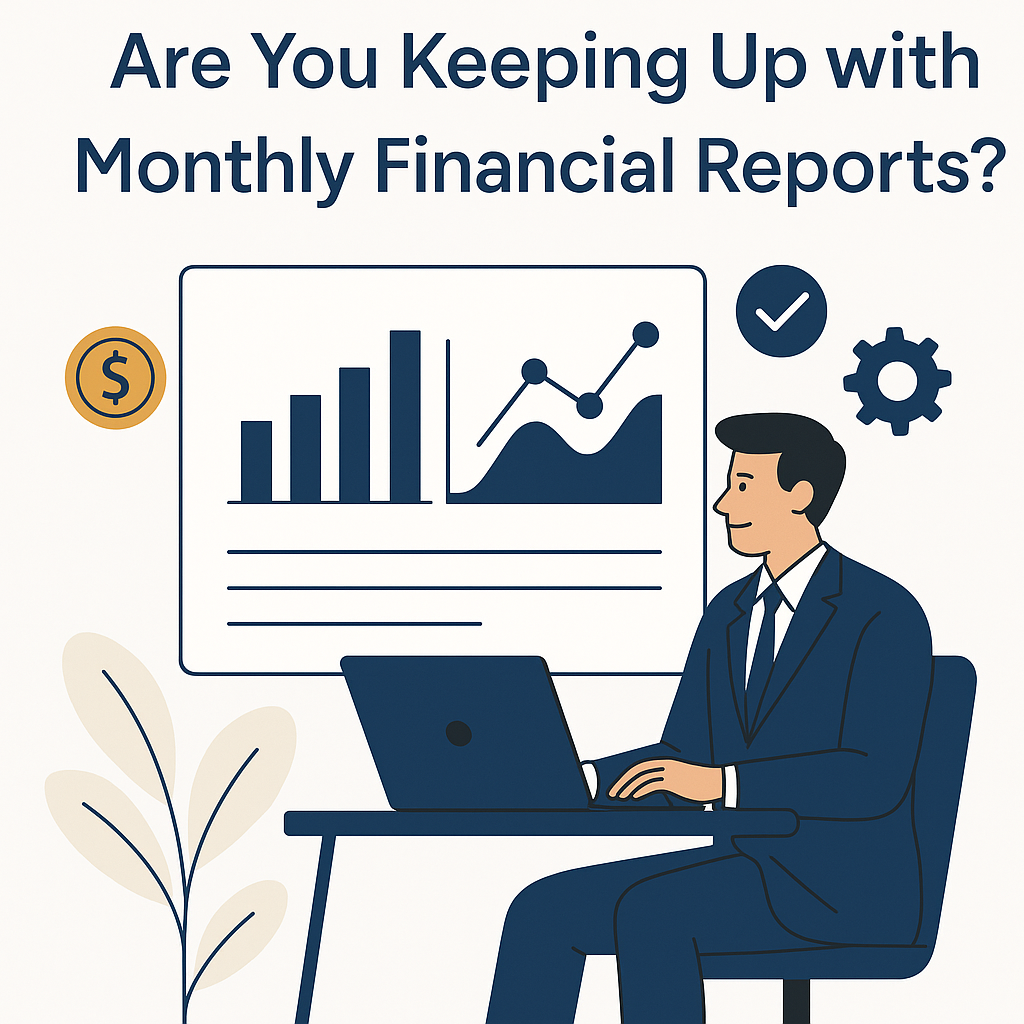Is Your Business Financially Prepared for a Downturn?
Let’s talk about something nobody likes to think about—but every smart business owner should:
What happens to your business if the economy takes a dip?
It’s easy to feel confident when times are good. Sales are rolling in, customers are happy, and cash flow feels strong. But economic downturns don’t send invitations—they show up unannounced.
And businesses that haven’t prepared can find themselves scrambling to stay afloat.
Why It’s Dangerous to Ignore the Possibility
Many business owners believe, “We’ll figure it out if it happens.” But that’s risky thinking.
During a downturn:
- Customers might spend less—or take longer to pay.
- Costs might stay the same while revenue drops.
- Cash flow can dry up, making it hard to pay staff or suppliers.
Waiting until you’re in the middle of the storm to build a plan is like trying to buy insurance during a fire.
Signs You Might Not Be Prepared
Ask yourself these questions:
✅ Do you know how many months your business could survive if revenue dropped by 30%?
✅ Do you have cash reserves set aside for emergencies?
✅ Do you regularly review your expenses to spot areas you could cut if necessary?
✅ Do you have alternate revenue streams you could lean on if your main market slows down?
If you’re unsure about any of these, you’re not alone—but it’s a signal that it’s time to start preparing.
How to Get Financially Ready for a Downturn
Here’s how to give your business a safety net:
1. Build a Cash Buffer
Aim to save enough cash to cover at least 3–6 months of operating expenses. This gives you breathing room if sales slow down.
2. Know Your Numbers
Keep a close eye on:
- Cash flow forecasts
- Profit margins
- Break-even point
The better you know your numbers, the faster you can react if trouble hits.
3. Review and Trim Costs
Look for non-essential expenses you could cut temporarily without hurting core operations. Knowing where you could scale back helps you move quickly if needed.
4. Diversify Your Revenue
If all your income comes from one product, service, or client, a downturn hits harder. Explore ways to add new income streams—even small ones—to spread your risk.
5. Communicate with Lenders and Partners
If times get tough, it’s better to talk to your bank or suppliers early rather than wait until you’re in crisis mode. Many partners are willing to work with businesses proactively.
How a Virtual CFO Can Help
If all of this sounds overwhelming, you’re not alone. A Virtual CFO can:
- Analyze your financials to see how vulnerable you are in a downturn
- Build cash flow models showing different scenarios
- Help you set aside reserves without strangling growth
- Give clear guidance on where to cut costs if needed
A Virtual CFO doesn’t just help you survive tough times—they help you come out stronger on the other side.
Final Thoughts
So, let me ask you: Is your business financially prepared for a downturn?
If the answer is “not really,” there’s no shame in that. But there’s also no better time to start preparing than now.
Because while we can’t predict the economy, we can control how ready we are to face whatever comes next.
Curious how a Virtual CFO could help you weather any storm? Let’s chat!






